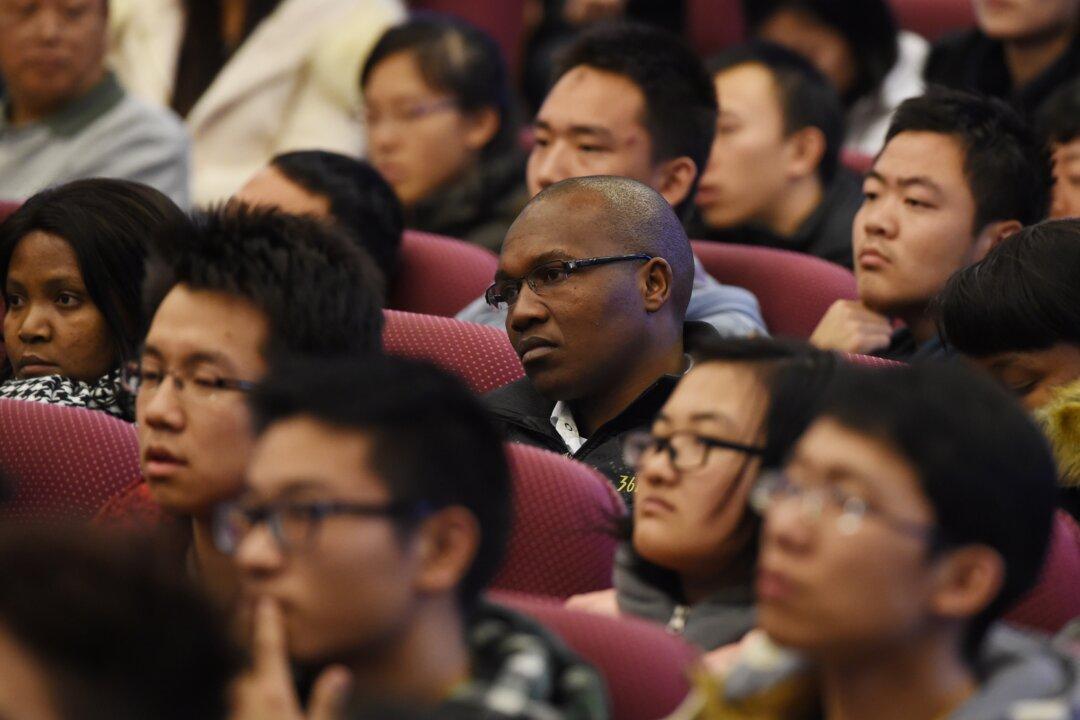Chinese universities are leveraging education programs to promote Beijing’s foreign policy of Belt and Road, as well as Communist Party political ideologies, to students in southeast and central Asia.
The Epoch Times obtained a series of government documents wherein schools detailed their programming for foreign students in applications for central government funding.





